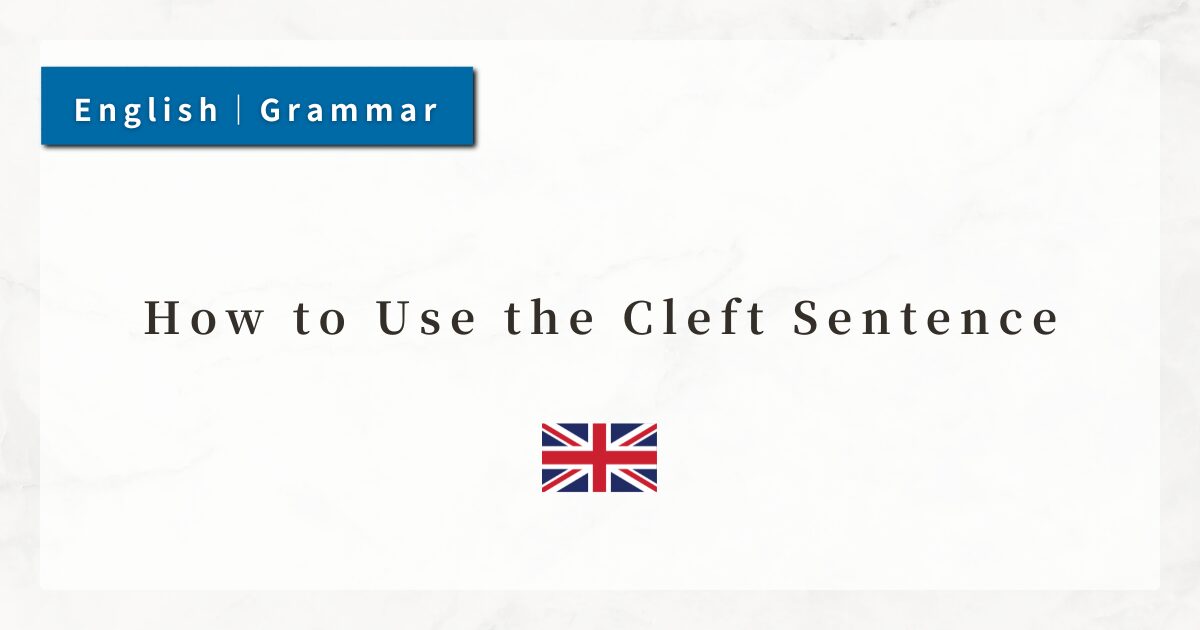#49 Adverbs of Emphasis|How to Use very, so, too, quite, and Others

In English, adverbs are often used to express degree or the intensity of feelings, such as “very,” “really,” or “too much.”
By using adverbs of emphasis, I can add nuance to simple expressions. Instead of just saying “good” or “fast,” I can say “very good” or “really fast,” which conveys a stronger impression.
In this lesson, I will introduce some of the most frequently used adverbs of emphasis in both conversation and writing, and explain how to distinguish among them.
1. The Basics of Adverbs of Emphasis
Adverbs of emphasis modify adjectives or verbs to express degree or emotional intensity.
- very
- so
- too
- quite
- really
- extremely
- absolutely
Each carries slightly different nuances, so it is important to choose the right one depending on the context.
2. very : The Most Basic Form of Emphasis
Very is placed before an adjective or adverb to add emphasis. It is the simplest and most widely used form.
- She is very kind.
- This book is very interesting.
Very is moderate in intensity and can be used in both formal and casual settings. It is one of the first adverbs of emphasis learners should master.
3. so : Emotional Emphasis
So also means “very,” but it carries a stronger emotional tone and is more common in spoken English.
- I’m so happy to see you!
- Why are you so tired?
Compared to very, so conveys the speaker’s emotions more vividly.
4. too : Expressing Excess or Negativity
Too means “too much” and often implies a negative nuance. It suggests that something goes beyond an acceptable limit.
- It’s too hot to go outside.
- She speaks too fast.
Unlike very, which is neutral or positive, too implies excess that causes a problem.
5. quite : “Quite a Lot” or “Completely”
Quite is somewhat unique, as its meaning changes depending on the context.
- It’s quite cold today.
- You’re quite right.
In the first example, quite expresses degree (fairly / rather), while in the second, it means “completely / absolutely.”
In American English, quite tends to mean “rather” or “fairly,” whereas in British English, it often carries the nuance of “completely” or “absolutely.”
6. really : Straightforward Emphasis
Really means “truly” and is frequently used in casual conversation. It conveys sincerity and emotion.
- This cake is really good !
- Do you really think so?
Really is natural in both affirmative and interrogative sentences and tends to sound more heartfelt than very.
7. extremely / absolutely : Strong and Formal Emphasis
Both express strong emphasis, often in formal or written contexts.
- The movie was extremely boring.
- I absolutely agree with you.
They may sound slightly stiff in casual conversation, but they are commonly used in business or formal writing.
8. Summary
- Adverbs of emphasis are important for expressing degree and emotional intensity.
- very: The most basic and versatile form.
- so: Emotional and common in spoken English.
- too: Negative nuance, meaning “excessively.”
- quite: Means either “fairly” or “completely,” depending on context.
- really: Casual, natural, and heartfelt.
- extremely / absolutely: Strong and formal emphasis.






